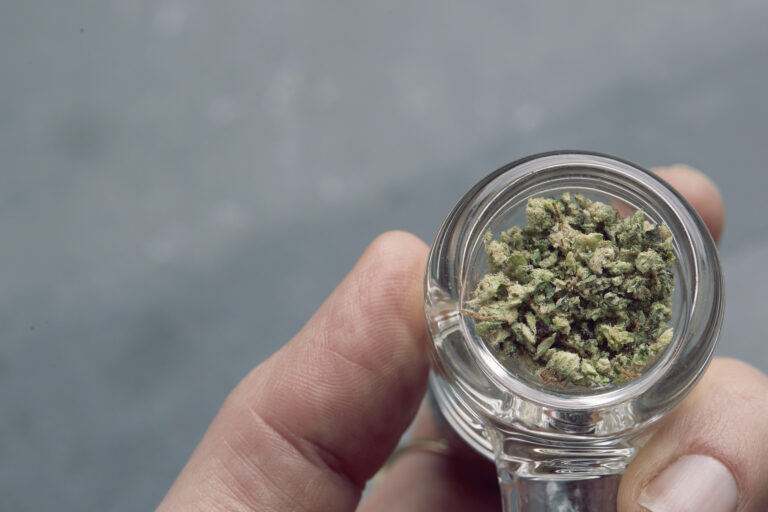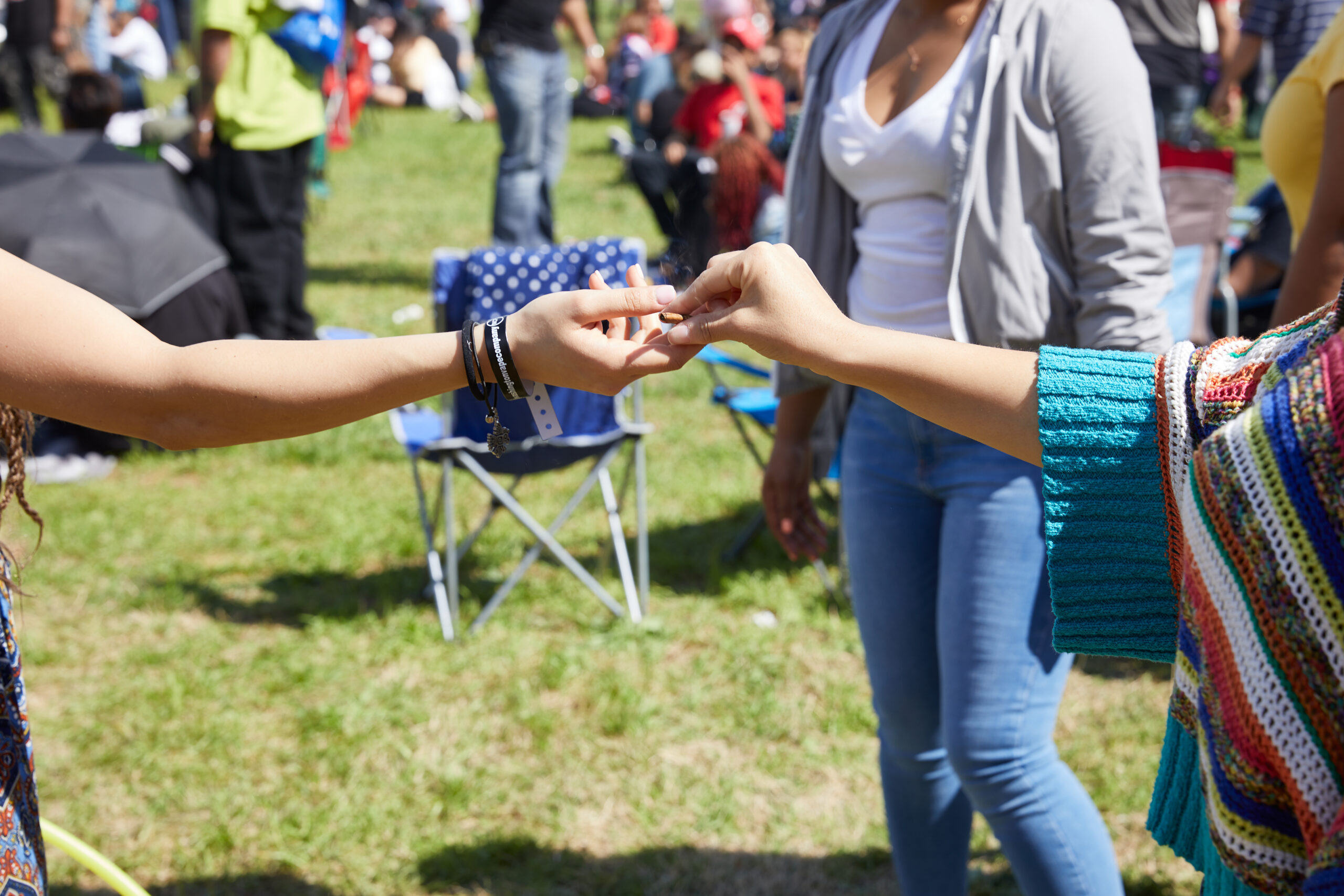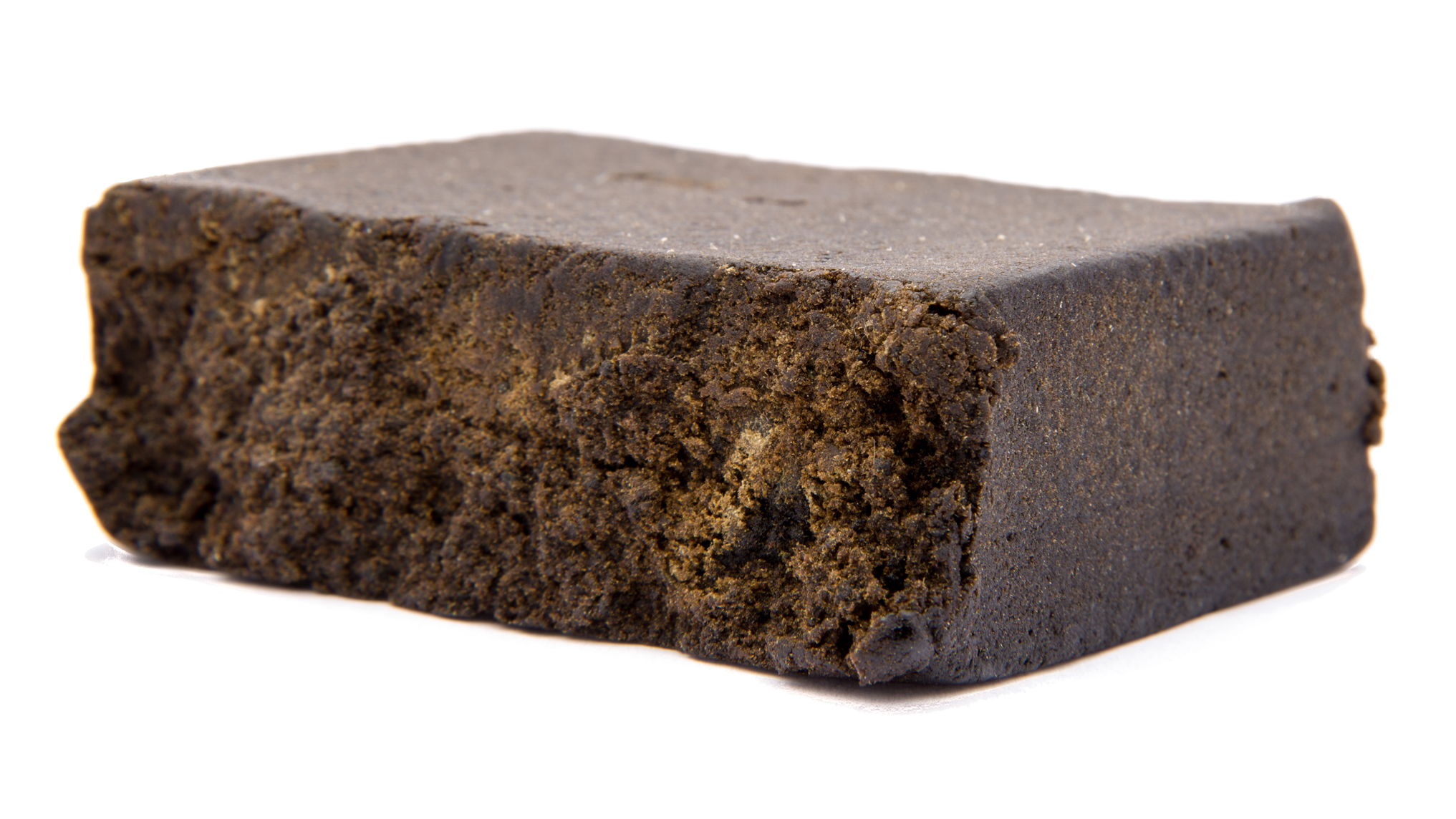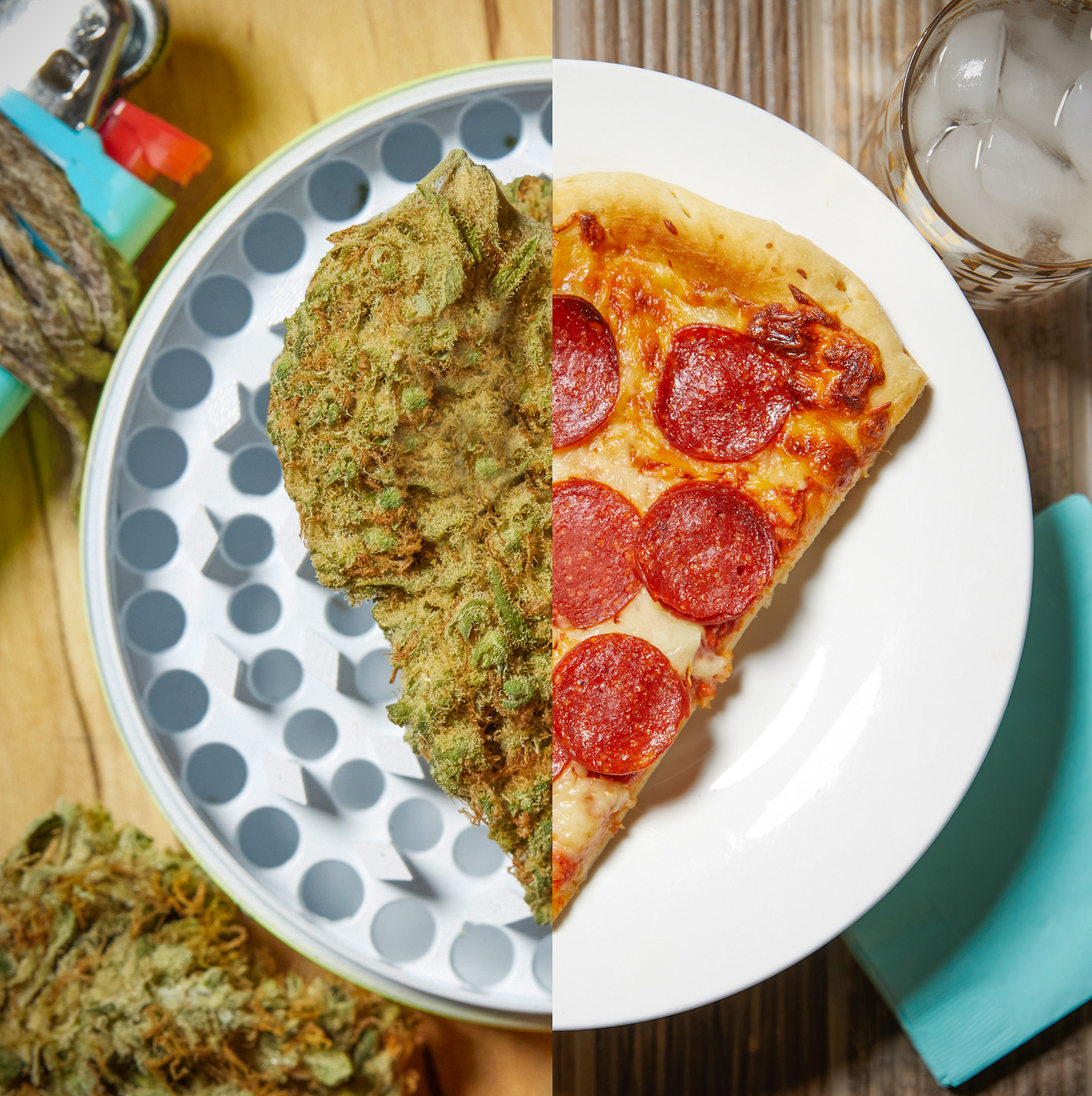A ubiquitous term in the cannabis community, 420 has many meanings, myths, and messages embedded in pop culture. Learn more about the term, how it came to be, and why it signifies weed.
What does 420 actually stand for?
420 refers to the consumption of cannabis and cannabis culture in general. It represents a time of day to consume cannabis (4:20 p.m.) and a particular date to celebrate it (April 20). 420 has also become a symbol of cannabis acceptance.
When is 420?
420 can mean 4:20 in the afternoon or April 20, a holiday celebrated worldwide as a day to advocate for the legalization of cannabis, share in its consumption, and enjoy cannabis culture.
The Waldos and origin of 420
The most widely accepted 420 origin story begins with a group of friends at San Rafael High School in California known as “the Waldos."
Here's a brief timeline of how 420 started and how it spread:
- 1971: The Waldos start using the term "420" to refer to their quest to find a hidden cannabis crop in Point Reyes, said to be planted by U.S. Coast Guardsman Gary Newman. The high schoolers embark on these after-school trips guided by a map from Newman's brother-in-law, with their designated meeting time and place being at 4:20 p.m. by the statue of Louis Pasteur on campus. The Waldos refer to the operation as “420 Louis” but eventually shortened the phrase to “420.”Even though the friends stopped looking for the mystery marijuana grow-op, the term stuck.
- December 28, 1990: Deadheads distribute flyers at a Grateful Dead concert in Oakland, California, calling for people to gather and smoke pot at 4:20 p.m. on April 20.
- May 1991: Steven Hager, editor of High Times magazine, publishes an article linking the term "420" to Grateful Dead followers. Based on the flyer received from a Deadheads event, Hager advocates for 4:20 p.m. and April 20 as the time and date to celebrate the cannabis plant.
- 1998: High Times officially recognizes the Waldos as the creators of 420, validating the high school students' story.
- 2000s: As the internet became widespread, information about 420 and its origins circulates freely, allowing a global audience to learn about and adopt the term. Media coverage and a growing public interest in cannabis legalization further amplified the term's reach.
- Present day: Today, the Waldos maintain a website to share their 420 origin story, supported by videos and documented evidence. Every April 20, people around the world celebrate this American cannabis phenomenon.
Strains the Waldos smoked
The Waldos' members include Steve Capper, Dave Reddix, Jeffrey Noel, Larry Schwartz, and Mark Gravich. The group got the "Waldos" nickname because they regularly hung out in front of a wall outside their high school. Though the Waldos stopped looking for the hidden crop, they were still left with something useful.
“We went out there daily for weeks and weeks," said Reddix. "... the map was so ambiguous — it really didn't give you any real clues to where this place was. We finally said, 'Hey, why don't we give up on this?' It was getting close to when the crop was going to need to be picked, or it was going to go bad … but [through that] we have found a new secret code [word] that we can use in front of teachers, cops, family members, or whatever."

Image lightbox

Here are the strains the Waldos smoked:
- South American and Mexican: These types of strains are mostly what the Waldos smoked. “There really weren't a lot of strains back then. Most of them were Mexican and South American," Reddix said. “It was the location, not brands. That's where the stuff came from — Guerrero, Oaxaca, Jalisco.” Noel added, “Nowadays, you see Purple Dream and Sugar Bears."
- Panama Red: By the early '80s, the Waldos were well out of high school and smoking strains with actual names, including Panama Red, a sativa strain with a citrusy profile.
- Acapulco Gold: “My favorite [strain] back then was probably Acapulco Gold," said Reddix. Acapulco Gold is a landrace strain known for its woody, earthy flavor profile.
- Colombian Gold: This landrace strain naturally grows in the Santa Marta Mountains of Colombia, giving it the name Columbian Gold. t reeks of skunk, citrus, earth, and pine.
- Maui Wowie: From Maui, Hawaii, Noel said, “The first really potent weed was the Hawaiian strains." Maui Wowie has a sweet, tropical aroma, and the effects tend to be very potent.
Busting 420 origin story myths
As with any legendary story, myths spring up over time. Here are some of the myths surrounding the origin of 420:
- California Penal Code: Many people still believe that 420 is the police code California police officers use to report marijuana use. However, there is no evidence to support this theory. In fact, section 420 of the California Penal Code pertains to obstruction of access to public lands, which is a misdemeanor.
- Chemicals in cannabis: Another common, albeit nerdy, misconception is that there are 420 active chemicals in cannabis. There are actually more than 500 active chemicals found in cannabis, so this theory is easy to debunk.
- Bob Dylan's “Rainy Day Women #12 & 35”: A lesser-known theory dissects Bob Dylan's “Rainy Day Women #12 & 35” song title and lyrics. Dylan croons throughout the song, “Everybody must get stoned.” However, the lesser-known part of the theory includes the #12 and 35 part of the title — if you multiply 12 x 35, you get 420.
- Tea time: 4:20 p.m. is not tea time in Amsterdam.
- Pulp Fiction clocks: Though this rumor has widely spread, not every clock in the 1994 Quentin Tarantino movie is set to 4:20, but some are.
How is 420 celebrated?
Though initially a counterculture day of protest, 4/20 has since become a celebratory holiday for stoners and supporters of the plant about cannabis legalization and awareness. Even newcomers have started celebrating the holiday using non-intoxicating CBD instead of THC.
As the legalization of medical marijuana and recreational marijuana spreads, you can find many 4/20 rallies, trade shows, concerts, and other cannabis-related events. April 20 has even been dubbed “National Cannabis Day” or “Weed Day.”
Local traditions
In Denver, Colorado, the Cannabis Cup has become one of the most recognizable 420 events in the cannabis industry.
In San Francisco, California, thousands gather on Hippie Hill in Golden Gate, celebrating cannabis with hemp-woven products, glasswork, weed-inspired art, music, and cannabis consumption.
In New York, fans of the plant and vendors gather together in Washington Square Park to smoke weed and celebrate the high holiday.
Canadian cannabis enthusiasts unofficially celebrate 4/20 on Parliament Hill in Ottawa, Ontario, at the Mount Royal monument in Montreal, at the Alberta Legislature Building in Edmonton, Alberta, and at the Vancouver Art Gallery and Sunset Beach in Vancouver.
420 deals
April 20 is a great day to shop for cannabis products since many dispensaries host special sales. Shopping at a small dispensary and/or purchasing weed from a small cannabis brand are excellent ways to support the industry and take advantage of seasonal savings. Even larger dispensaries and nationally acclaimed brands offer some of the year's best deals on 4/20.
Cannabis consumption

Image lightbox

A central aspect of 420 celebrations is the consumption of cannabis, whether through smoking, vaping, taking edibles, or other methods. People often partake at 4:20 p.m. as a communal activity any day of the year, but especially on April 20.
What does it mean for something to be 420-friendly?
When you see something described as "420-friendly," it means that the people or places involved tolerate cannabis consumption. You see this term in many contexts — from rental listings and online dating profiles to businesses and events — to indicate that cannabis use is welcome.
For example, a 420-friendly apartment allows tenants to use cannabis inside, or a 420-friendly event means that attendees can consume cannabis openly without facing criticism or legal issues (assuming it complies with local laws). The term helps people and cannabis users identify spaces where they can be comfortable with their lifestyle choices.
Bottom line
This April 20, celebrate by checking out a local, 420-friendly event or simply by consuming and appreciating cannabis. It's never been easier to research cannabis products and find a dispensary near you.
The breadth and depth of information can be intimidating at first, but remember, it doesn't matter if you're new to weed or deeply experienced or whether you consume it for medical purposes or recreational use — when it comes to cannabis, there's room for everyone.
Order weed and cannabis products on Weedmaps for pickup or delivery.




